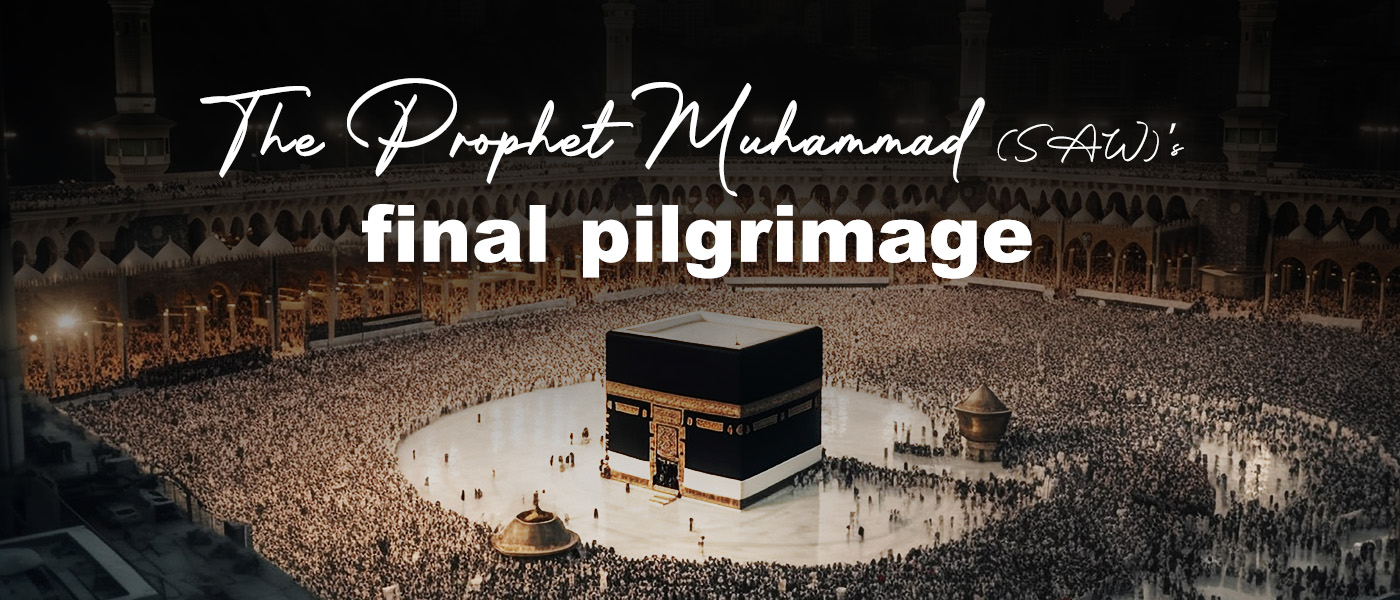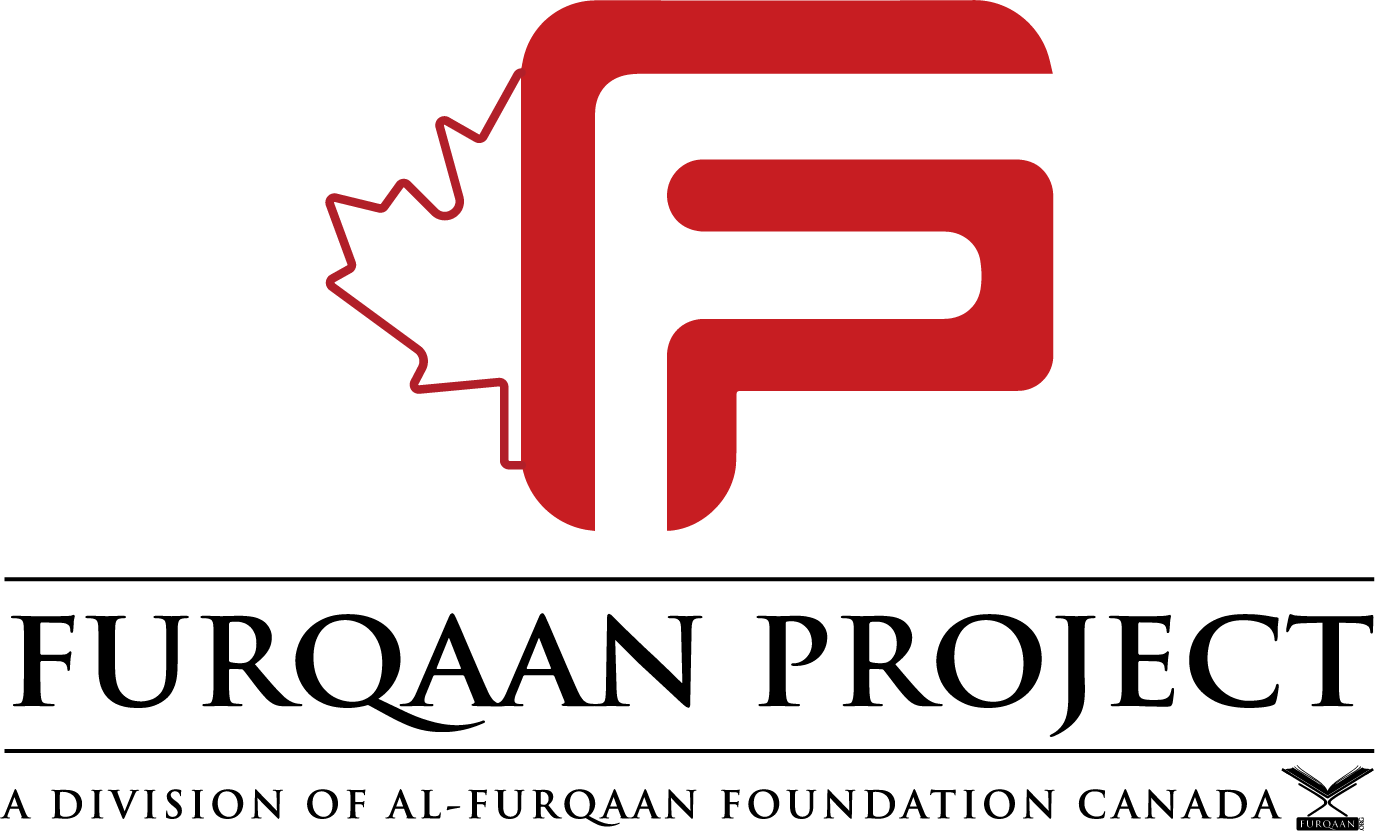
In the final year of his noble life, the Messenger of Allah (SWT) embarked on a journey that would not only be his last pilgrimage but also a culminating chapter of his prophetic mission. Known as Hijjat al-Wada, the Farewell Pilgrimage, this event was an important moment of spiritual, communal, and legislative significance. It marked the perfection of Islam as a complete way of life and offered one of the most critical public addresses in Islamic history known as the Farewell Sermon.
This blog article traces the Prophet (SAW)’s departure for the last pilgrimage, his teachings during it, and the enduring significance of the journey.
In the year 10 AH, the Prophet (SAW) announced his intention to perform Hajj. News spread rapidly across the Arabian Peninsula. Tens of thousands of Muslims, eager to join him, flocked to Madinah to accompany the Messenger of Allah (SWT). Ibn Umar narrates that the Prophet (SAW) initiated both Umrah and Hajj together, assuming ihram from Dhul-Hulayfah and driving this hady (sacrificed animals) along with him. He instructed those who did not bring sacrificial animals to exit their ihram after performing Umrah, then renew it for Hajj later—this was the practice of Tamattu Hajj.
The Prophet (SAW)’s farewell to his people, and to the world had begun.
At the plains of Arafat, on the ninth of Dhul Hijjah, the Prophet (SAW) delivered his final public sermon. Ibn Abbas and others witnessed the Messenger (SAW) addressing a massive assembly from atop his camel, Qaswa. In this sermon, the Prophet (SAW) emphasized the following major points that all Muslims in this Ummah must pay close attention to:
- The sanctity of life, wealth, and honor.
- Equality of all Muslims regardless of ethnic origin.
- The importance of transmitting the message to future generations.
- An emphatic warning against returning to pre-Islamic ignorance and tribal vengeance.
- The rights of women.
- The unity of the Ummah.
In his sermon he declared, “Verily! Your blood, property and honor are sacred to one another (i.e. Muslims) like the sanctity of this day of yours, in this month of yours and in this city of yours. It is incumbent upon those who are present to inform those who are absent because those who are absent might comprehend (what I have said) better than the present audience.” (Sahih Bukhari)
At that moment, the Prophet (SAW) had just received a revelation from Allah (SWT) which he recited out loud to the people to conclude his final words. That verse was from Surah Al-Ma’idah when Allah (SWT) said, “Today I have perfected your faith for you, completed My favour upon you, and chosen Islam as your way. But whoever is compelled by extreme hunger—not intending to sin—then surely Allah is All-Forgiving, Most Merciful.” (The Clear Quran®, 5:3)
Many companions wept upon hearing this verse as they recognized that this was foreshadowing that the prophet mission had neared its end. Historical records indicate that over 100,000 companions had accompanied the Prophet (SAW) on his final journey.
The Farewell Pilgrimage was a testament to the mercy, clarity, and guidance he brought to humanity. On that sacred journey, he delivered his final instructions, safeguarded the rights of the vulnerable, dismantled the vestiges of jaahiliyah, and entrusted the Muslim Ummah with a complete and perfected religion.
Standing among a sea of believers on the plain of Arafah, the Prophet (SAW) embodied his message through and through. His call to justice, equality, and devotion to Allah (SWT) continues to echo through the centuries, calling each believer to uphold the trust of faith he left behind.
In every corner of the globe where the talbiyah is recited and the rites of hajj are observed, the legacy of that final journey lives on.
May we honor that legacy with sincerity, uphold its principles with steadfastness, and meet him at the hawd with hearts faithful to the message he conveyed so completely.


